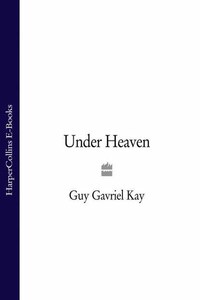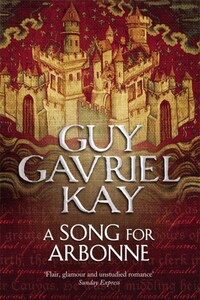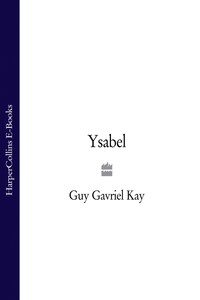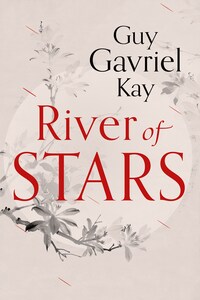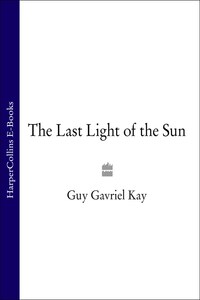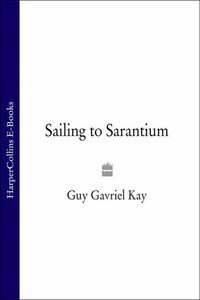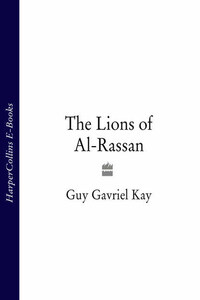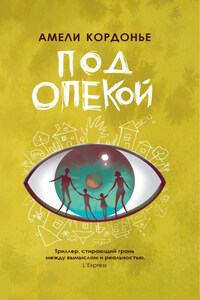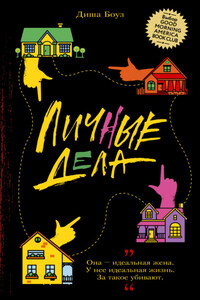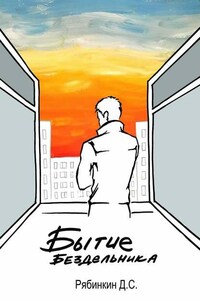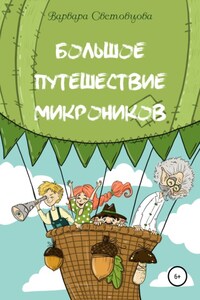HarperCollinsPublishers 1 London Bridge Street London SE1 9GF
www.harpercollins.co.uk
Published by HarperCollinsPublishers 2010
Copyright © Guy Gavriel Kay 2010
Guy Gavriel Kay asserts the moral right to be identified as the author of this work
A catalogue record for this book is available from the British Library
This novel is entirely a work of fiction. The names, characters and incidents portrayed in it are the work of the author’s imagination. Any resemblance to actual persons, living or dead, events or localities is entirely coincidental.
All rights reserved under International and Pan-American Copyright Conventions. By payment of the required fees, you have been granted the non-exclusive, non-transferable right to access and read the text of this e-book on-screen. No part of this text may be reproduced, transmitted, downloaded, decompiled, reverse engineered, or stored in or introduced into any information storage and retrieval system, in any form or by any means, whether electronic or mechanical, now known or hereinafter invented, without the express written permission of HarperCollins e-books.
HarperCollinsPublishers has made every reasonable effort to ensure that any picture content and written content in this ebook has been included or removed in accordance with the contractual and technological constraints in operation at the time of publication.
Source ISBN: 978007242913
EBook Edition © 2006 ISBN: 9780007342020 Version: 2018-08-07
The Imperial Family, and Ta-Ming Palace mandarins
Taizu, the Son of Heaven, emperor of Kitai
Shinzu, his third son, and heir
Xue, his thirty-first daughter
Wen Jian, the Precious Consort, also called the Beloved Companion
Chin Hai, formerly first minister, now deceased
Wen Zhou, first minister of Kitai, cousin to Wen Jian
The Shen Family
General Shen Gao, deceased, once Left Side Commander of the Pacified West
Shen Liu, his oldest son, principal adviser to the first minister
Shen Tai, his second son
Shen Chao, his third son
Shen Li-Mei, his daughter
The Army
An Li (“Roshan”), military governor of the Seventh, Eighth, and Ninth Districts
An Rong, his oldest son
An Tsao, a younger son
Xu Bihai, military governor of the Second and Third Districts, in Chenyao
Xu Liang, his older daughter
Lin Fong, commander of Iron Gate Fortress
Wujen Ning, a soldier at Iron Gate
Tazek Karad, an officer on the Long Wall
Kanlin Warriors
Wan-si
Wei Song
Lu Chen
Ssu Tan
Zhong Ma
Artists
Sima Zian, a poet, the Banished Immortal
Chan Du, a poet
In Xinan, the capital
Spring Rain, a courtesan in the North District, later named Lin Chang
Feng, a guard in the employ of Wen Zhou
Hwan, a servant of Wen Zhou
Pei Qin, a beggar in the street
Ye Lao, a steward
Beyond the borders of Kitai
West
Sangrama the Lion, ruling the Empire of Tagur
Cheng-wan, the White Jade Princess, one of his wives, seventeenth daughter of Emperor Taizu
Bytsan sri Nespo, a Taguran army officer
Nespo sri Mgar, his father, a senior officer
North
Dulan, kaghan of the Bogü people of the steppe
Hurok, his sister’s husband, later kaghan
Meshag, Hurok’s older son
Tarduk, Hurok’s second son
Amid the ten thousand noises and the jade-and-gold and the whirling dust of Xinan, he had often stayed awake all night among friends, drinking spiced wine in the North District with the courtesans.
They would listen to flute or pipa music and declaim poetry, test each other with jibes and quotes, sometimes find a private room with a scented, silken woman, before weaving unsteadily home after the dawn drums sounded curfew’s end, to sleep away the day instead of studying.
Here in the mountains, alone in hard, clear air by the waters of Kuala Nor, far to the west of the imperial city, beyond the borders of the empire, even, Tai was in a narrow bed by darkfall, under the first brilliant stars, and awake at sunrise.
In spring and summer the birds woke him. This was a place where thousands upon thousands nested noisily: fishhawks and cormorants, wild geese and cranes. The geese made him think of friends far away. Wild geese were a symbol of absence: in poetry, in life. Cranes were fidelity, another matter.
